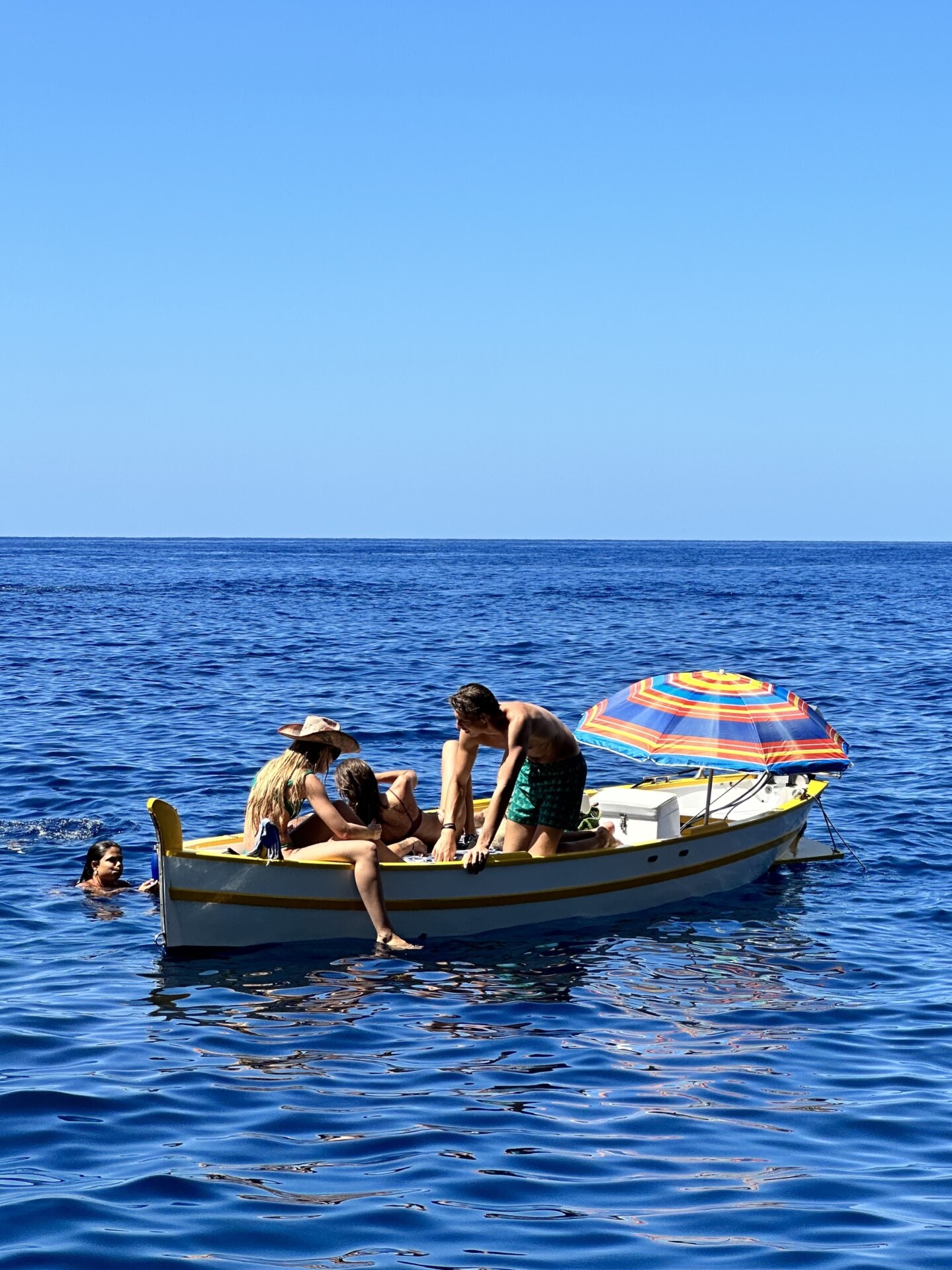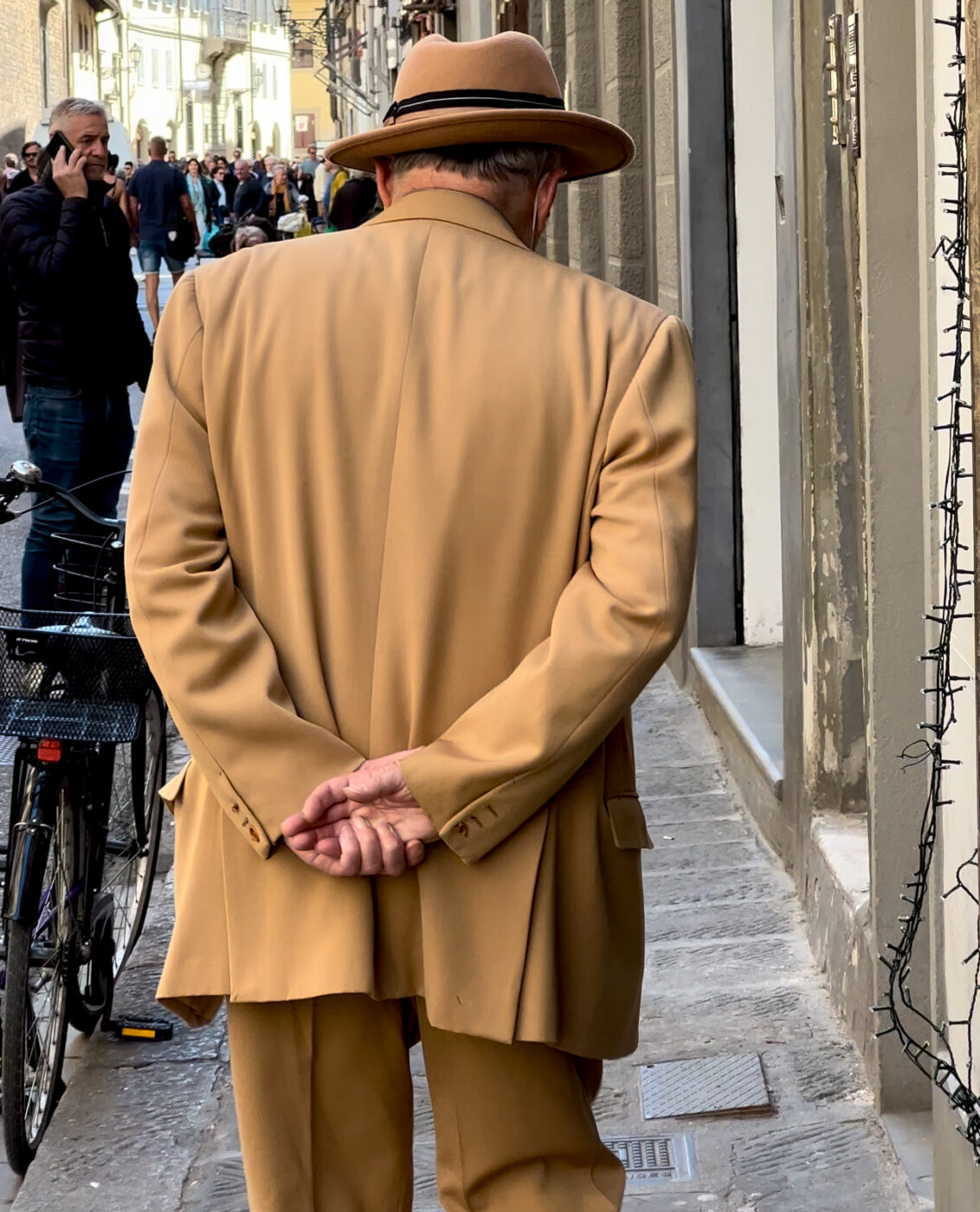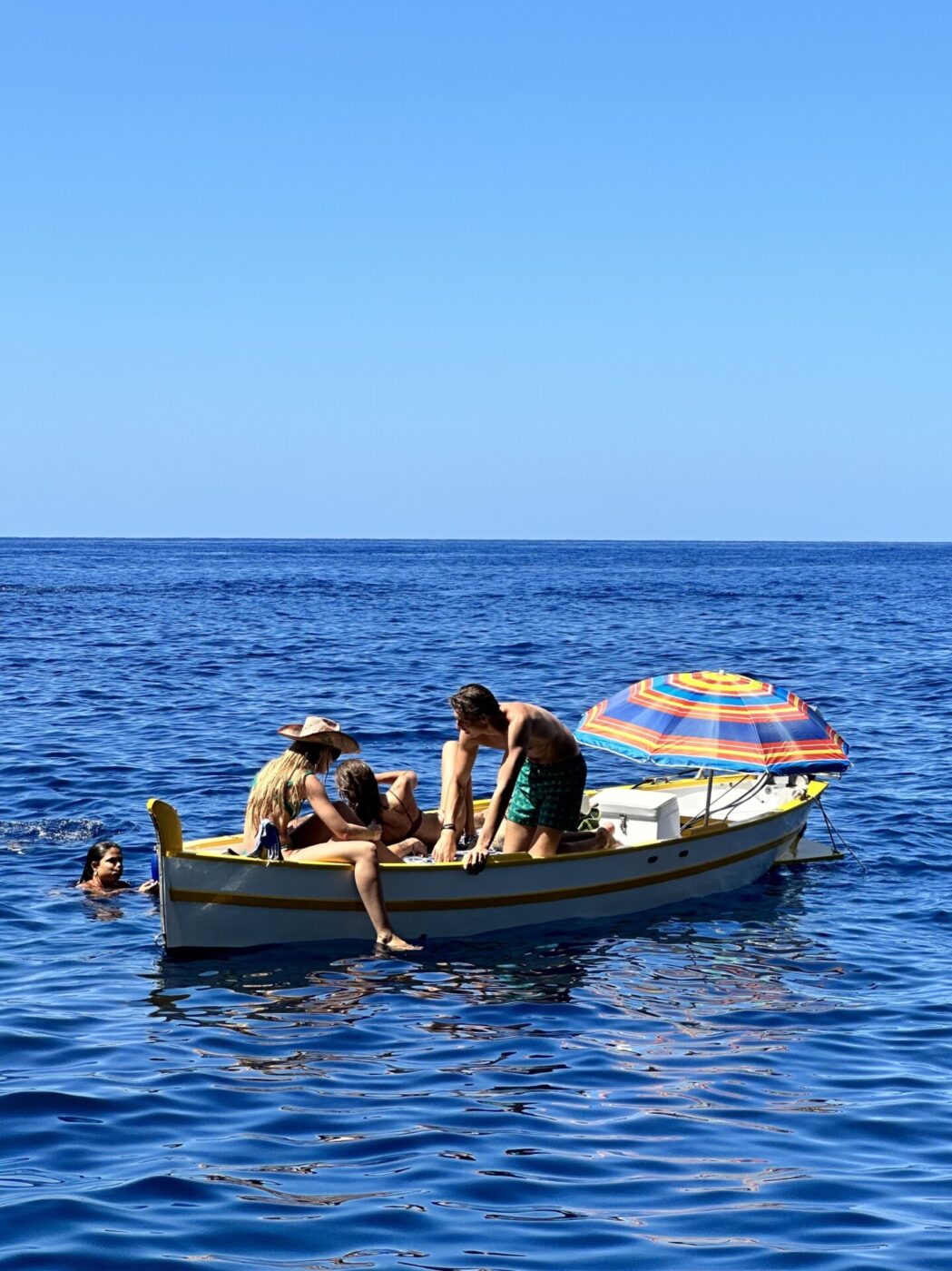The saying, set in motion by the Portland-based music label who named themselves as such, has become universal and brings much joy and pride to those who bear Italian blood in their veins. But although Italians do what they do and do it to a fault, they are a nation, as a general rule of the thumb, with a little less action and a lot more talking. So, if we were to trade the “do” for a “say” and shout it out with a couple of hand gestures to boot, we may have just devised an expression even more fitting: Italians say it better.
A non-native speaker’s true and honorary welcome to the inside of Italian culture comes with the mastery and wholehearted comprehension of specific Italian words, those that remain untranslatable for their unique illustration of the country’s culture and way of life. Here are five of the best:
BOH
Top of the list for its brilliant simplicity, this three letter word is used so frequently amongst Italians that if you were to receive a gelato every time you heard it, you would become the embodiment of the proverb “too much of a good thing.”
Usually partnered with a shrug of the shoulders, this little genius of a term carries a lot more meaning than the phrase non lo so (I don’t know) from which this slang originates.
“Beats me!”, “Whatever shall be, shall be!”, “I don’t know!”, “I don’t give a damn!”, “I may never know so leave me alone!” all sum it up nicely. But boh’s real magic lies in its simple, single syllable.
SPREZZATURA
This fun word encapsulates Italian style at its core. Coined by the 16th-century writer Baldassare Castiglione in his Book of the Courtier, sprezzatura describes “a certain nonchalance, so as to conceal all art and make whatever one does or says appear to be without effort and almost without any thought.”
If this definition sounds all too familiar and conjures to mind images of those same glamorous Italian men mentioned above, we are on the same page. These men will be boasting flawless figures and the perfect summer tans, yet their hair will be left long and slightly tousled rather than neatly cut and combed. They will be adorned in exquisite tailored suits, the jackets of which will be left undone (as will the collar buttons of the button-down shirts), and their watches will be worn over their shirt cuffs as if thrown on in a last-minute rush. But do not be fooled: this simultaneously together and laid-back look is no accident, nor due to a dash to get to work on time. Instead, pristine planning was involved to perfect this look of effortless elegance–the art of sprezzatura at its finest.

PASSEGGIATA
When I visited a friend in Siena, she suggested that we embark on her usual evening passeggiata around Piazza del Campo, the city’s principal square. Upon entering the beautiful piazza, I turned right, but before I could take two steps forward, I was pulled back by my friend, who I was surprised to find appalled at my move. She took my hand and led me the other way, explaining that in Siena, it was imperative that this evening passeggiata around the square was walked in a clockwise manner.
So, for those who might argue that a “walk” or a “stroll” convey a similar meaning, both words, which I only understood in full on this escapade in Siena, lack the weight and importance that the passeggiata has in Italian culture. Italians will use the verb camminare to simply signify the act of walking, whereas the passeggiata lies deeply rooted in the country’s tradition. Usually taking place around 7 PM, a passeggiata is to walk leisurely and talk with the occasional stop and salute to familiar passers-by. Those who take part are just as much observers as they are performers in this long-established Italian spectacle.
MERIGGIARE
It’s the height of noon on a hot summer day, and you’ve found a place to sit and relax under the shade, soaking in the sweet smells of summer grass and the soft buzzing of the bees. You’ve guessed it, the verb meriggiare, stemming from the word meriggio (noon) defines exactly this.
While other cultures may (insanely) toil and boil under the midday-sun, Italians take the same moment to find refuge under a shady spot, put their feet up and enjoy a couple of blissful hours of meriggio.
PANTOFOLAIO
You know those days in which you barely leave the house, idle around in your nightwear, and all in all relax in doing nothing? We all have a day as such from time to time, but for individuals who tend to lean towards this as a way of life rather than the occasional affair… in Italian they would be referred to as a pantofolaio, a beautifully befitting word that derives from the Italian for slippers (pantofole).
Although the term may also be used to describe the maker of slippers, and indeed Italy prides itself on exquisite indoor footwear (the velvet Venetian variety are perhaps as elegant as they get), it is the mastery of the leisurely art of doing nothing, “Il Dolce far Niente”, for which pantofolaio is most widely used.


